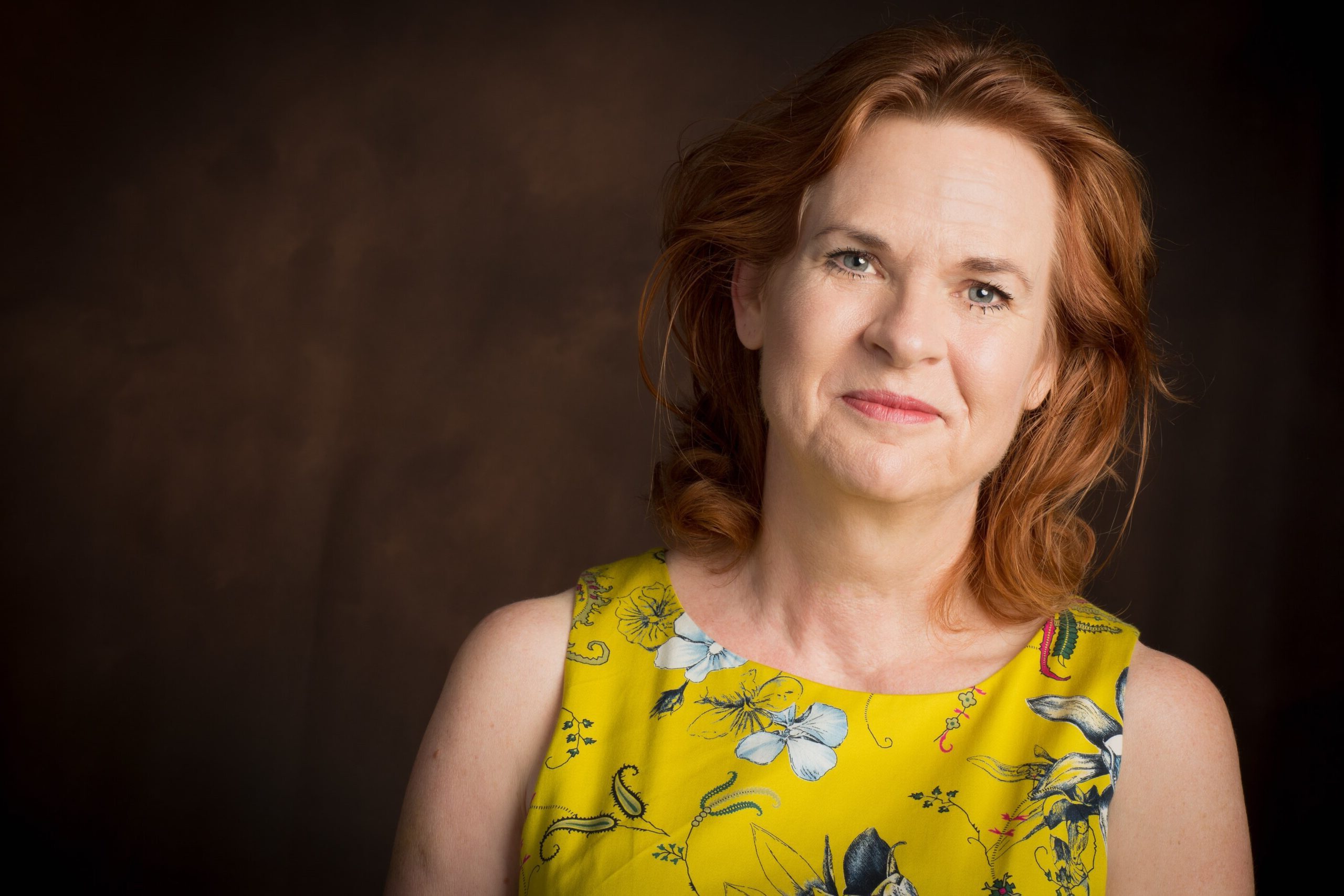The likelihood of a difficult conversation ending in an escalating argument, or finding reasonable resolution and compromise, all depends on how you start.
When there’s potential for tension and heightened emotions research shows what you do in the first 3 minutes are vital. If you start a conversation with criticism or harshness, then add defensiveness and blame, the likelihood of escalating conflicts and wanting to withdraw from the relationship is predictable outcomes.
While disastrous for the health of your relationship, many people remain committed to doing exactly what does not work. Much of our relationship unhappiness is caused by not understanding what really works to resolve conflicts. Many people don’t recognise that their own behaviours contribute to reoccurring arguments. They are busy blaming their partner for their actions.
Mental health issues such as depression or anxiety often stem from the upset and grief of ongoing relationship conflict, loss of trust and withdrawal from intimacy. We can fall victim to our strong reactions and the difficult emotions that lead us to be angry, impatient, or insistent; or pleading, helpless and overwhelmed.
When worried or stressed about ongoing relationship friction it is easy to feel defensive and reactive. The volatile brain chemistry linked to rejection and loss, includes significant drops in dopamine and serotonin levels, which drive the resulting depression, anxiety, and feelings of dependence and deprivation.
For some people, pre-existing anxiety or depression is only recognised, and first presented to their doctor, when the relationship stress leads to potential separation and loss. Generally, under-managed mental health issues have contributed to relationship conflicts. Often past trauma or complex family background are contributing factors.
With informed counselling interventions, people can learn how to:
• start conflict conversations gently
• regulate their emotions in difficult situations,
• build understanding for their partners perspective, and
• increase willingness to take responsibility for their part in the problem.
Predictably, these skills build strong, satisfying relationships.
And, predictably, these skills also help raise confident, capable children.
Elizabeth Williamson specialises in Better Relationships and Better Mental Health
because the two go together hand in hand.
For information contact Elizabeth at ew@elizabethwilliamsonsolutions.com


